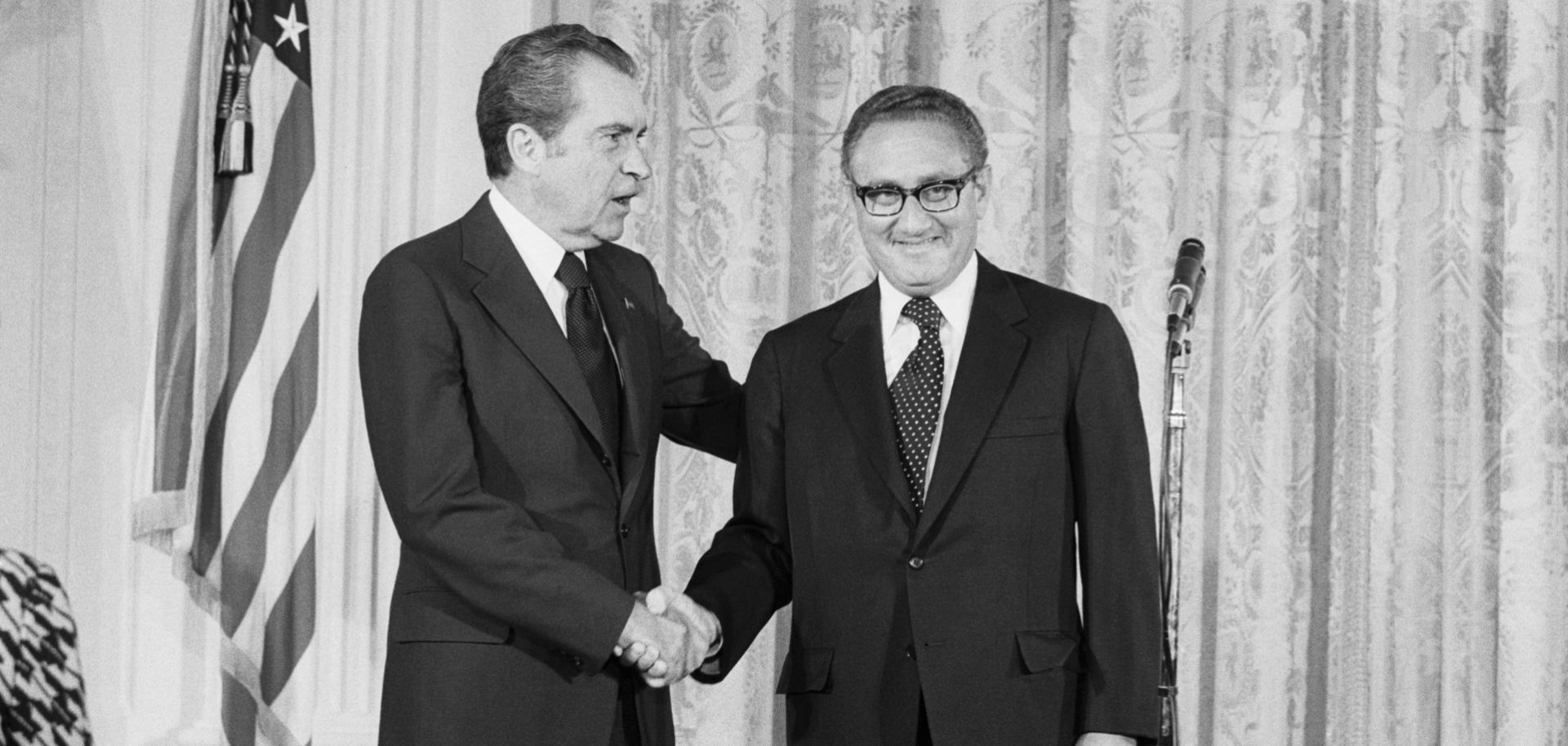Henry Kissinger's death has engendered numerous articles, commentaries and remembrances, in praise and criticism of the former American diplomat, who served as Secretary of State and National Security Advisor under U.S. presidents Richard Nixon and Gerald Ford. As neither a diplomatic historian nor a former acquaintance, I will leave it to others to shed light on Kissinger's life and legacy. In looking at both the controversy around and adulation for Kissinger, however, I find his passing a time to reflect on the importance of strategic thought, and the need to balance interests and ideals. As a key actor during the Cold War, Kissinger emerged at a time when strategic thought was respected and sought after, and when the identification of national interests -- while still at times uncomfortable for many -- played a pivotal role in shaping foreign policy. In the post-Cold War West, both strategic thought and the concept...


